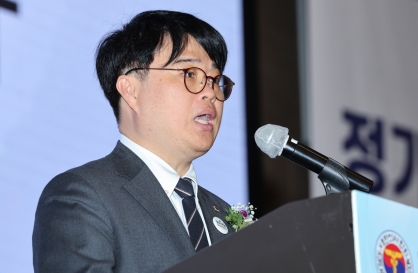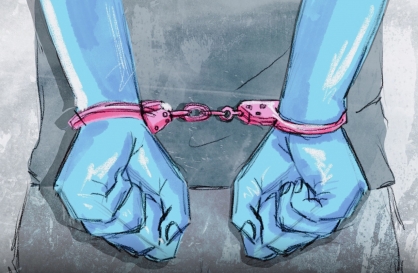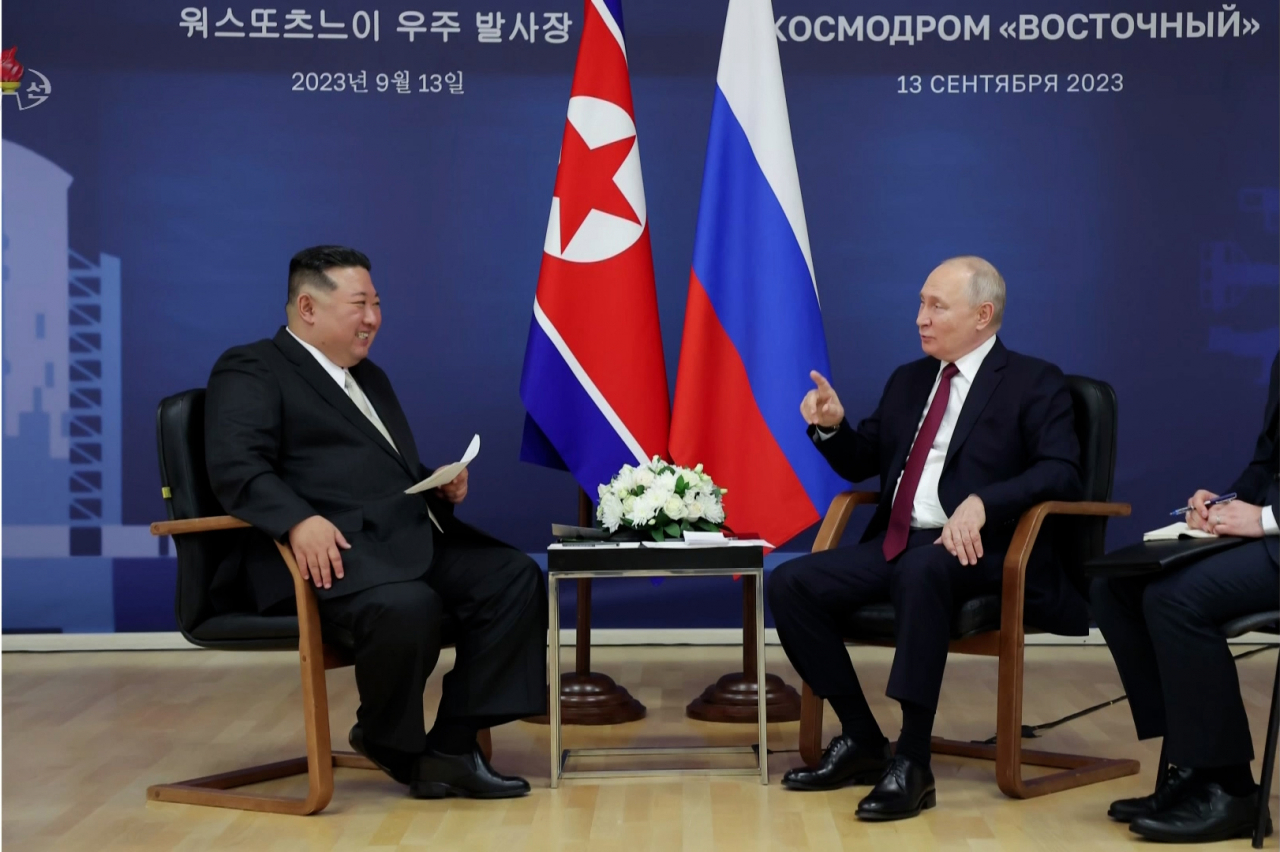 |
On September 14, this file photo shows North Korean leader Kim Jong-un (left) and Russian President Vladimir Putin holding talks in Russia the previous day. (North Korea's state-run Korea Central Television ) |
The nature of North Korean threats could change "drastically" over the next decade due to an "unprecedented" level of military cooperation between Pyongyang and Moscow, a senior US official warned Thursday.
Pranay Vaddi, senior director for arms control, disarmament, and nonproliferation at the National Security Council, made the remarks, amid growing concerns about reported arms transactions between the North and Russia in the midst of the war in Ukraine, and their security implications.
"What we are seeing between Russia and North Korea is an unprecedented level of cooperation in the military sphere and I say unprecedented very deliberately. We have never seen this before," he said at a forum hosted by the Center for Strategic and International Studies.
"I think the nature of North Korea as a threat in the region could drastically change over the coming decade as a result of this cooperation," he added.
Vaddi also noted that cooperation between the North and Russia is adding a new element that Seoul and Washington need to factor in during their talks over extended deterrence -- America's commitment to using the full range of its military capabilities, including nuclear, to defend its ally.
"That's something that we have to pay attention to because even in the past year of conversations we've had with our close friends and allies in South Korea related to extended deterrence, we weren't basing that on this type of cooperation taking place," he said. "We're basing that on North Korea's own advances."
The White House has revealed that the North has been seeking military assistance from Russia, including fighter aircraft, surface-to-air missiles, armored vehicles, ballistic missile production equipment or materials, and other advanced technologies, in exchange for its arms support to Russia.
Concerns about cooperation between Pyongyang and Moscow have risen anew recently as North Korean Foreign Minister Choe Son-hui visited Russia this week and met with President Vladimir Putin and his counterpart, Sergei Lavrov, in a show of deepening bilateral ties.
Observers have said that should the transfers of weapons or related technologies to the North from Russia materialize, they could have a significant impact on the security landscape on the Korean Peninsula and beyond.
"We have to pay close attention to not just what we are seeing North Korea provide to Russia to assist in its war in Ukraine, primarily in the form of missile systems used to attack Ukrainian civilians," Vaddi said.
"It's what could be going any other direction as well ... How could that improve North Korea's capabilities? and what does that mean for our own extended deterrence posture in the region with both Korea and Japan?," he added.
Touching on the North's exit from an inter-Korean military tension reduction agreement, the official stressed the need to dial down tensions between the two Koreas.
"We need to work assiduously to try to ensure there's a modicum of risk reduction measures that are still in place to prevent any sort of crisis or political disagreement from escalating into a conflict," he said.
"Because we know that the potential for that to go escalate quickly into high-end conventional conflict and even WMD-based conflict is very high," he added, referring to the acronym for weapons of mass destruction.
So the United States is "very focused" on trying to figure out what to do to "cool temperatures" on the Korean Peninsula, he said.
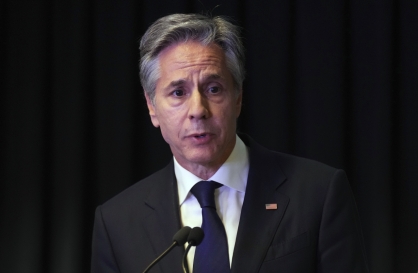

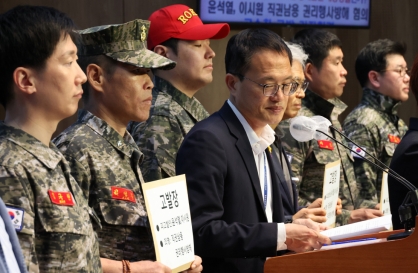
![[Weekender] How DDP emerged as an icon of Seoul](http://res.heraldm.com/phpwas/restmb_idxmake.php?idx=644&simg=/content/image/2024/04/25/20240425050915_0.jpg)

